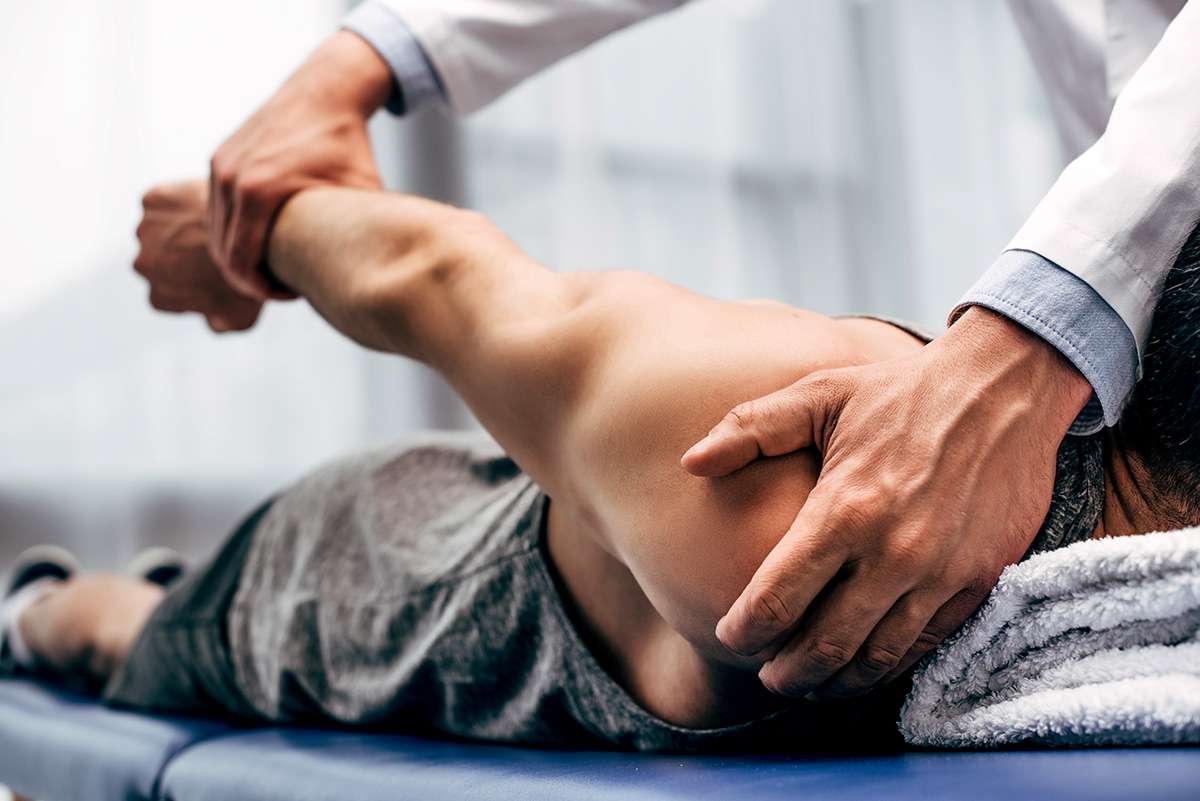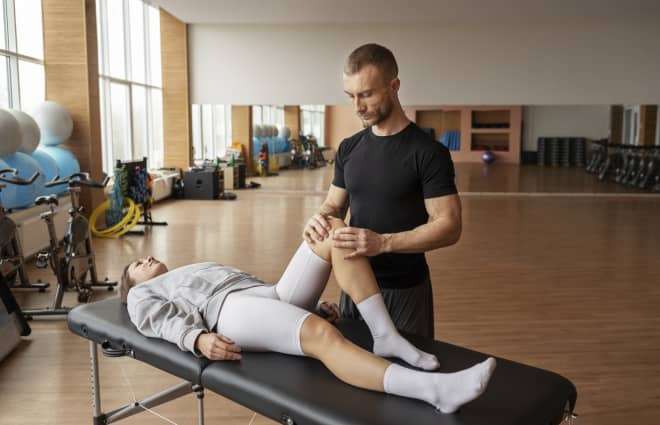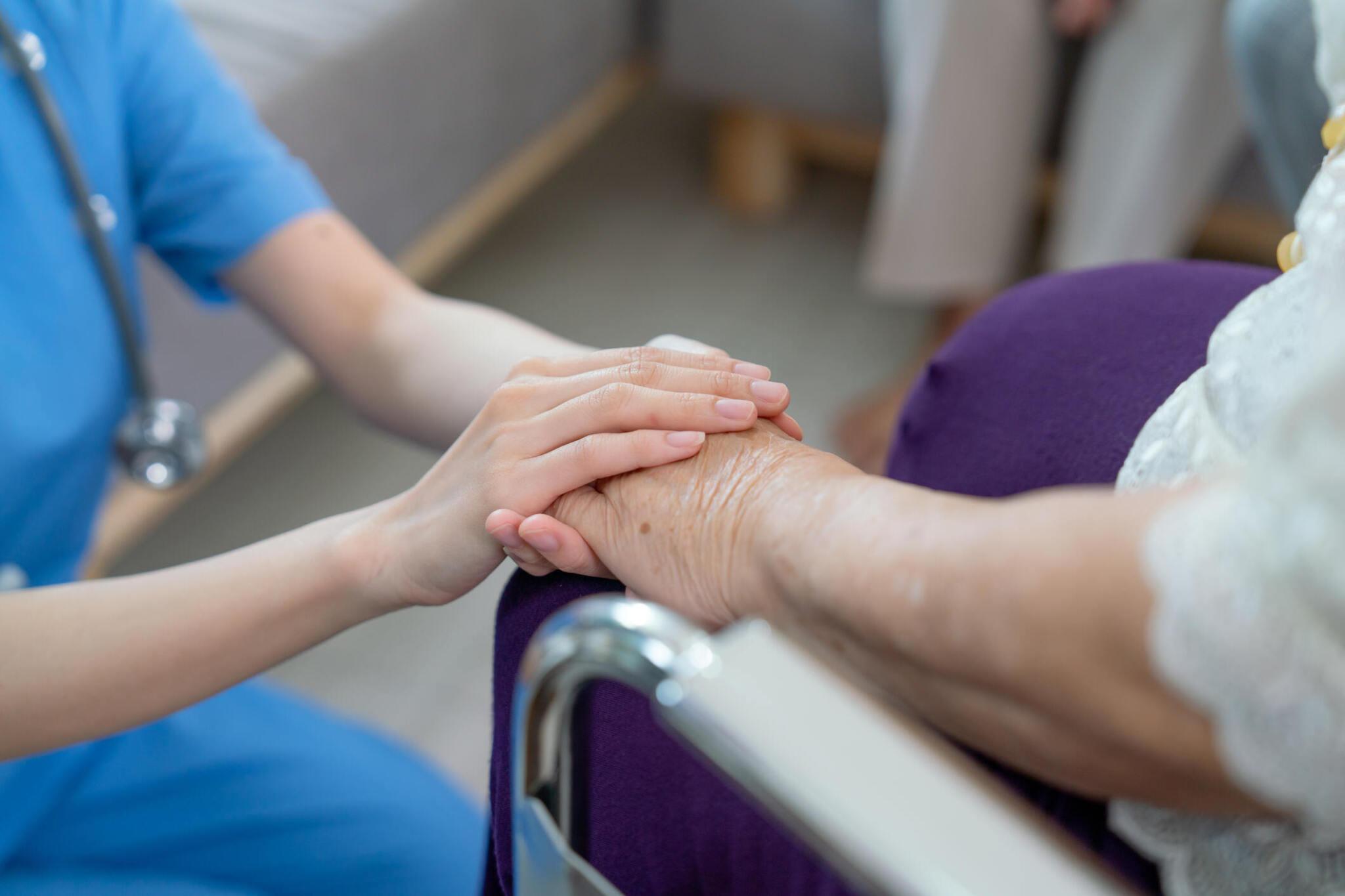Welcome TO
Back in Motion Chiropractic | Physical & Occupational Therapy
Back In Motion serves the Brooklyn area providing in office and home care visits to create a better tomorrow for you and your family

Best Chiropractor in Brooklyn
Back in Motion Chiropractic | Physical & Occupational Therapy
Your Premier Chiropractor & Physical Therapy Office in Brooklyn, NY. Led by renowned chiropractor Dr. Brian Mikhayloff. Dr. Brian offers scientifically validated, evidence-based treatments to effectively address your health concerns. Specializing in sports injuries and neuromusculoskeletal issues, our comprehensive services cater to your entire body, including extremities.
Experience the difference of our cutting-edge therapies as we guide you towards optimal health and performance. Contact us today to embark on your journey to a pain-free, active lifestyle.
Best Chiropractor in Brooklyn
About our services
RESTORE
RESTORE
PREVENT
PREVENT
ENHANCE
ENHANCE

Moving Better Tomorrow
At Back In Motion, we will work together to achieve your goals

Why Choose Us
Therapy Catered to You
-
Experience
Welcome to Back in Motion Group, where we prioritize your health and well-being above all else. With a commitment to excellence and a passion for patient-centered care, we're dedicated to providing you with an unparalleled healthcare experience.
-
Prestigious
At Back In Motion, we redefine the standards of healthcare excellence, setting the bar high for quality, innovation, and patient satisfaction
-
24/7 Support
At Back In Motion, we understand that navigating the complexities of healthcare can be challenging. That's why we're here to offer not just treatment, but a supportive hand to guide you through every step of your healthcare journey.

Patient & Family Resources
Patient and family resources include educational materials as well thorough evaluations to make sure you get the right treatment and right therapist for your need and goals






